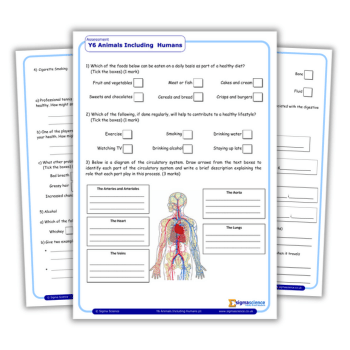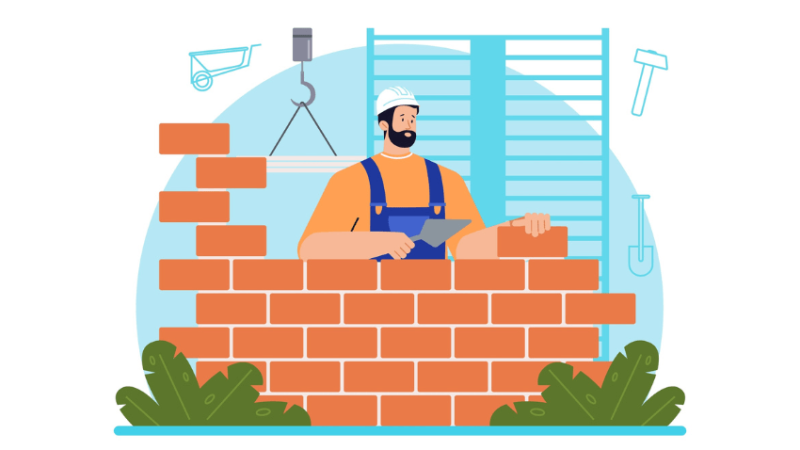Formative and summative assessment – how to make sure they don’t come at the expense of wellbeing

Dr Sue Roffey shares how to make sure testing and checks serve a purpose, but don't negatively affect pupils and staff…
- by Sue Roffey

The contentious and ongoing discussion over assessment can be summed up well by this anecdote:
Ann is an art teacher in Canada. She was told to grade primary pupil artwork and against her better judgment did as requested. A mother came in and said “You have given my daughter 76, she deserves a higher mark.” Ann crossed out 76 and asked, “What would you like me to put?”
“But that doesn’t make any sense,” retorted the confused mother.
“Exactly,” said Ann. “I can tell you about her skill in using materials, the ideas she has, what her imagination is like, and how much effort she puts into her artwork, but to put a number on all that – you’re right, it doesn’t make sense”.
It’s easy to scoff at testing and grading, but despite primary teachers’ best efforts, some pupils do fall under the radar, so regular checks on how everyone is doing are useful.
One thing the pandemic has shown, however, is that this does not have to be in the form of standardized tests. The purpose of SATS is primarily accountability – judging school performance rather than supporting children in their learning.
It’s not surprising that assessment is often associated with teacher and pupil stress, raising even further concerns about child mental health.
The Good Childhood Report 2021 found that one in nine young people are unhappy at school, a higher figure than most other countries.
Although this study focuses on older children, other research indicates a significant decline in mental health overall and recommends early intervention.
It is therefore critical that what happens in school is a positive experience for everyone.
Formative versus summative
Summative assessment at the end of a course or school year is a check on how well a pupil has learned what has been taught. This, however, provides just a snapshot in time and does not take account of what is happening for that child on that day.
A one-off test of memory does not consider family breakdown, mental or physical illness, poverty or trauma. It raises questions of whether we are teaching real children, often with complex lives, or just getting through the curriculum.
Formative assessment, on the other hand, is ongoing. It can take account of stops, starts and speeding – which is often how young children develop.
A drop off in learning over a period of time raises questions about what is impacting on progress.
At the moment, pupils in England have an Early Years’ assessment at the end of Reception, summarising the learning goals achieved in 17 different areas of development.
This is based on observations over the year, either simply noted by the teacher or within specific activities designed to elicit this information.
In identifying pupil needs, appropriate planning can then be put in place for Year 1. On the face of it, this assessment design seems to be comprehensive, non-threatening and purposeful.
It gives parents good information and facilitates conversation when things are not going well. It respects the teacher’s knowledge of both the curriculum and the children they teach.
Such ongoing assessment against specific criteria could be generalised throughout primary education.
Strategies for formative assessment
There are many ways we can keep track of how pupils are doing, including portfolios of work, regular informal quizzes, self and peer evaluations of collaborative work, and recording of personal bests.
We can also elicit pupil’s grasp of concepts in even more creative ways: mind maps and sketches, audio or video recording about topics individually or in pairs, and asking a question about an online presentation – such as in flipped learning – are all possible.
Many independent schools have personal learning pathways for students. This is easier when numbers are smaller, but there is no reason why personal bests, a concept often used in the world of sport, should not be engaged as a strategy.
Competition is good for those who are always a winner, but toxic for those who identify as ‘losers’. Despite what some might say, constantly losing is not motivating.
With personal bests you are in competition only with yourself and able to celebrate your own successes. Conversations can go like this:
- What is better about this piece of work than the last one? What are you pleased about?
- Can you tell me something you have learned?
- What will you try and do better (aim for) next time?
Strengths and deficits
Ongoing assessment helps us understand which pupils need support or practice when they are struggling to access or retain knowledge or apply skills.
It provides information on which to scaffold the learning. But this is only half the story. Positive education focuses on the identification of strengths; not just abilities, but the personal qualities that can help pupils flourish in all aspects of their lives – including learning – such as curiosity, determination or help-seeking.
And if you can’t avoid testing…
Assessment doesn’t have to dominate every conversation in the staffroom or the classroom. One teacher told me that although pupils had to sit tests like everyone else, the school leadership team had determined that the school would put as little emphasis on this as possible.
They felt confident their results would be OK, and it was more important that both teachers and pupils maintained a good level of wellbeing. And this was exactly what happened.
Finland is often quoted as having the best education in the world. Students take one standardised test at the end of high school, otherwise teachers are responsible for setting expectations and evaluating whether students have met them.
But another aspect of Finland’s education system is that teachers are highly valued, well paid and given autonomy.
If we want children to flourish, we must cherish their teachers.
Dr Sue Roffey is a psychologist and academic specialising in wellbeing and co-author of Creating the World We Want to Live In (£19.99, Routledge) available now.










